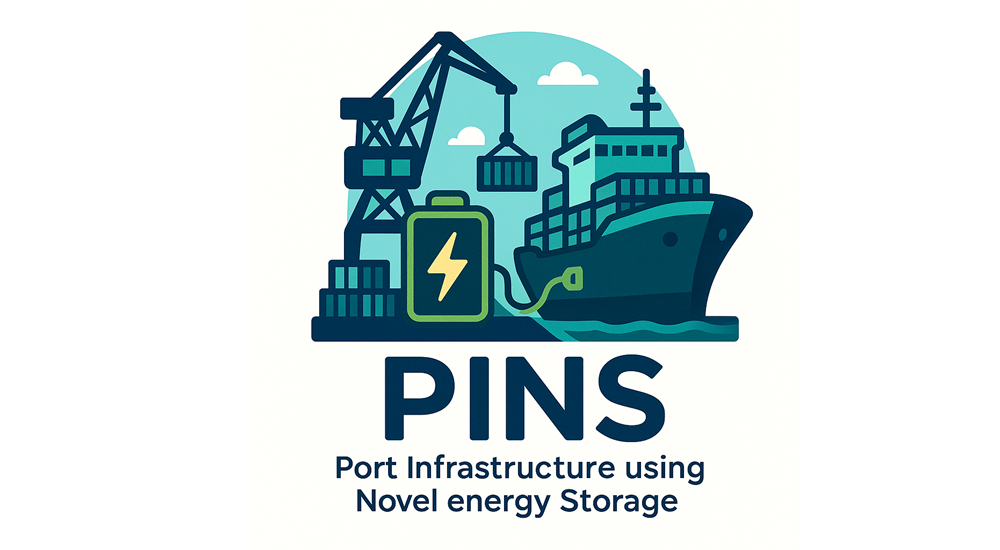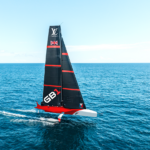Falmouth Harbour is one of three UK ports piloting a new UK Government-backed initiative aimed at transforming port battery and shore power infrastructure at British ports.
The “Port Infrastructure using Novel energy Storage” (PINS) project will explore scalable, smart recharging systems for vessels, integrating advanced battery technologies and energy management to overcome grid constraints and cost barriers.
Funded by UK Government through the UK Shipping Office for Reducing Emissions (UK SHORE) in the Department for Transport, PINS is set to overcome the grid power and costs that have hampered previous port electrification projects – like the Sea Change project in Portsmouth – by integrating intelligent energy storage and management systems within port operations.
The project is coordinated by MSE International and brings together nine partners from across industry and academia, combining expertise in maritime operations, energy storage technologies, and systems engineering. Together the consortium will deliver Front-End Engineering Design for scalable and commercially viable electrification solutions for a range of ports and harbours, designed to be attractive to ports and vessel operators without the need for subsidy.
Dr Jonathan Willliams, CEO of MSE International, says, “Overcoming electric infrastructure blockages at ports and harbours is critical to meeting maritime decarbonisation goals. The PINS project was developed to address this challenge, exploiting rapid advances in battery technologies, and builds on MSE’s leadership of commercialisation planning for the Sea Change shore power project at Portsmouth.”
The PINS project will develop and evaluate solutions across three early-adopter port and harbour sites:
- Falmouth Harbour, where recharging solutions will be designed for future small electric passenger ferries operating from standard 415V AC 3-phase connections.
- Cowes, where new recharging infrastructure will support two Green Corridors — along the Medina River and across the Solent.
- Portsmouth, where the project will assess the added value of energy storage in new Sea Change shore-power facilities serving cross-channel ferries.
For each pilot site and vessel duty-cycle scenario, PINS will evaluate four key battery technologies. Present-day feasibility will be assessed using Lithium Iron Phosphate (LFP) and re-used Lithium-ion batteries, while future (2030) viability will be examined using sodium-ion (NIB) and soluble lead flow batteries (SLFB) — both offering strong potential for UK-based supply chains.
The project will also explore innovative power transfer solutions from shore to vessel, including automated wireless charging and megawatt-scale connectors, optimised to serve a wide range of vessel types and sizes.
PINS is designed to deliver real-world, commercial benefits for ports, harbours, and vessel operators, including;
- Accelerating electrification of vessels in grid-constrained locations.
- Demonstrating commercially viable, multi-vector port energy systems, including Battery Energy Storage Systems (BESS) that deliver cost savings through load peak shaving and grid power arbitrage.
- Optimising on-site renewable generation (particularly PV solar) to reduce dependency on grid supply and minimise carbon intensity.
- Reducing civil works CAPEX through lower power ratings for sub-stations and associated underground cable runs to at-berth BESS facilities.
- Expanding the utility of port infrastructure to provide energy services for other users, such as electric vehicle and bus charging.
By integrating smart energy management, innovative battery systems, and flexible port infrastructure, PINS will help accelerate the decarbonisation of UK ports while supporting the growth of electric and hybrid maritime transport.
To be kept up-to-date with activities, projects and events in the area of maritime decarbonisation, sign up to the MSE Maritime Decarbonisation Interest Group




















